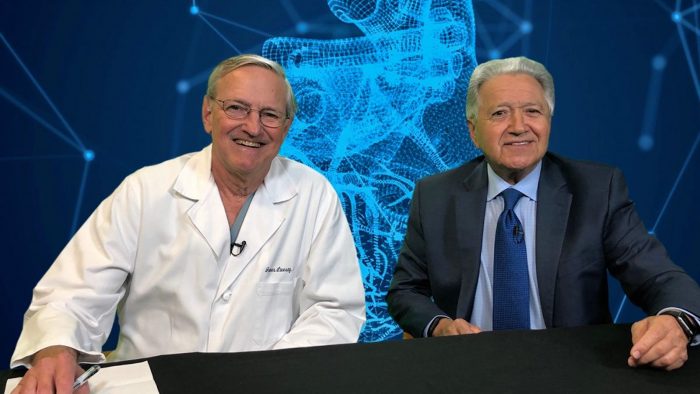7:50 am Welcome | Stephanie Coulter, MD, FACC, FASE
8:00 KEYNOTE
Professor of Medicine
Director, AHA Comprehensive Hypertension Center
University of Chicago Medicine
Pillars of therapy in reducing heart failure events and slowing diabetic kidney disease
Session I – Guidelines Updates
2022 Guidelines
9:00 – 9:30 Heart Failure Guidelines | Biykem Bozkurt, MD, PhD
9:30 – 10:00 Aorta Guidelines | Ourania Preventza, MD, MBA, FACS
10:00 – 10:15 Break
2021 Guidelines
10:15 – 10:45 Coronary Artery Disease Guidelines | Briana Costello, MD
10:45 – 11:15 Chest Pain Guidelines | Raymond Stainback, MD, FACC, FASE
11:15 – 12:15 Lunch
Session II – Risk, Assessment & Prevention
12:15 – 12:30 Cardiometabolic Health: Actionable Prevention Strategies and New Care Models | David Aguilar, MD
12:30 – 12:45 Exercise, Fitness and Vascular Disease | Stephanie Coulter, MD, FACC, FASE
12:45 – 1:00 Non-Statin Therapies, Expert ACC Consensus | Christie Ballantyne, MD
1:00 – 1:15 Role of Coronary Calcification and Risk Stratification | Eduardo Hernandez-Vila, MD
1:15 – 1:30 Break
Session III – Treatment Updates
1:30 – 1:45 AS Timing & Intervention | Juan Carlos Plana, MD
1:45 – 2:00 Atrial Fibrillation: New Treatments | Jennifer Cozart, MD
2:00 – 2:15 Role of LAA Exclusion in the Management of Atrial Fibrillation | Mehdi Razavi, MD
2:15 – 2:30 Bypass Grafts in Women: What is the Gold Standard? | Lauren Barron, MD
2:30 – 2:45 To Clip or Not to Clip: The Latest Treatments in Valvular Regurgitation | Pranav Loyalka, MD
2:45 – 3:00 pm Closing Remarks & Adjourn







